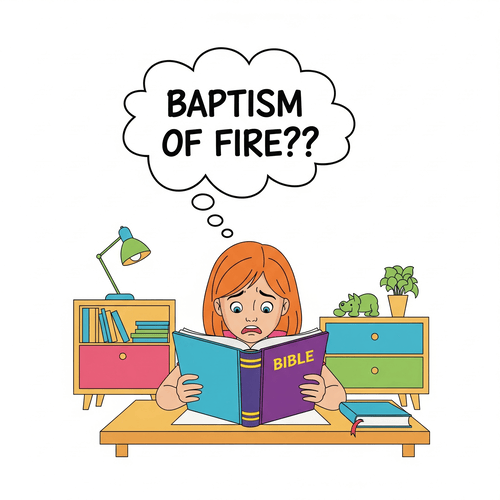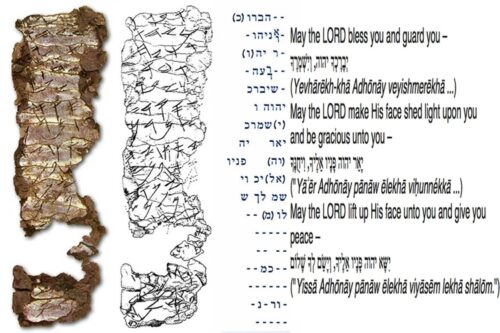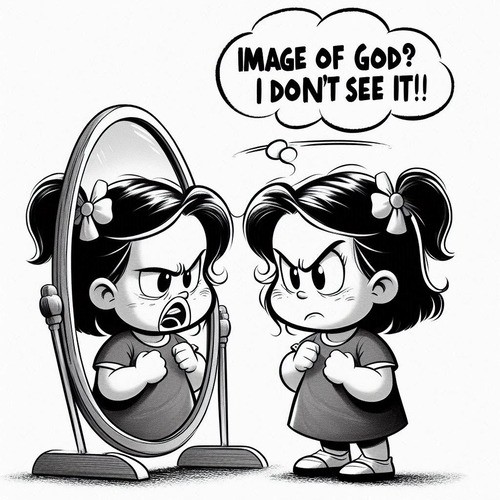The Debate Post 1: Complementarianism Vs Egalitarianism
Divergent Views on Biblical Manhood and Womanhood
The roles of men and women in the church and home have long been a subject of theological discussion and debate. While the Bible clearly outlines differing roles and responsibilities for husbands/wives and men/women in certain spheres, the application of these principles has often led to opposing viewpoints. Welcome to the complementarianism vs egalitarianism debate on biblical manhood and womanhood…
Complementarian View: Equal but Distinct Roles The complementarian position upholds the equality of men and women in their essential dignity and human personhood, while also recognizing distinct roles and responsibilities outlined in Scripture. This view is rooted in an understanding of God’s created order and design, where the husband is called to lovingly lead his wife and family as Christ leads the church (Ephesians 5:23). Similarly, men are given the primary teaching and leadership roles in the church setting (1 Timothy 2:12).
However, this leadership structure is not rooted in male superiority or female inferiority. Rather, it mirrors Christ’s sacrificial, servant-hearted leadership. Just as He humbly washed the disciples’ feet, the husband is called to be a selfless servant-leader in the home. And just as Christ submitted to the Father, the wife supports and submits to her husband’s loving leadership (Ephesians 5:22-24). This mutual submission reflects the unity and order established within the Godhead.
Egalitarian View: Equality in Roles In contrast, egalitarianism advocates for an egalitarian or equal application of roles and responsibilities for men and women in all spheres of life, including the church and home. Proponents of this view argue that the biblical passages addressing gender roles were specific to the cultural context at the time and should not be prescriptive for modern believers.
The Emergence of Egalitarianism While remnants of egalitarian thought can be traced back to the nineteenth century, the modern egalitarian movement gained significant traction in the 1970s, coinciding with the broader feminist movement. Christian egalitarians advocated for the removal of any gender-based restrictions on leadership roles within the church and equal partnership within marriage.
Impact on the Church and Homes The rise of egalitarianism has had a profound impact on both church structures and family dynamics. Within many denominations and congregations, it paved the way for women to serve as pastors, elders, and teachers—roles previously restricted to men. In homes, the egalitarian view encourages a more egalitarian partnership in marriage, with spouses sharing leadership and decision-making equally.
Evaluating the Debate on Biblical Manhood and Womanhood As followers of Christ, our ultimate authority must be the Word of God and the principles it lays out. Over the next few posts, we shall examine the key biblical passages relevant to this debate, analysing the complementarian and egalitarian interpretations. We shall also explore the practical implications and potential consequences of each viewpoint for the church and the family unit.
At TruthsToDieFor.com, we uphold the complementarian position, as we believe it most faithfully reflects the created order and biblical principles. However, we shall let you decide for yourselves which of the two views aligns best with Scripture. We shall thoroughly examine the relevant Scriptures, carefully analysing both the complementarian and egalitarian interpretations. Furthermore, we shall explore the real-world outworking and ramifications that each viewpoint could have on the family unit and church structure. Our goal is to let the truth of God’s Word shine through, along with the pragmatic effects these differing perspectives could have in our homes and faith communities. Ultimately, we want to equip you, our reader, with a comprehensive understanding so you can evaluate the biblical evidence and potential consequences yourselves as you discern which position aligns most closely with God’s design.
Conclusion The complementarianism Vs egalitarianism debate on Biblical manhood and womanhood is a complex and multifaceted issue that strikes at the heart of our understanding of gender roles, family dynamics, and church leadership. As we navigate this discussion, may we do so with a commitment to biblical fidelity, a spirit of love and unity, and a desire to honour God’s design for His children.
Complementarianism Vs Egalitarianism—Our Related Posts
Editor's Pick

Matthew 3:11: What Is the Baptism of Fire?
When John the Baptist declared, “He will baptise you with the Holy Spirit and fire” (Matthew 3:11), his words carried [...]

From Rock to Stumbling Block: Why Jesus Called Peter Satan
In the span of just six verses (Matthew 16:13-28), Peter goes from receiving the highest praise from Jesus to getting [...]

Can Repentance be Real If We Struggle With Habitual Sin?
We’ve been there before. The weight of conviction sinks in as we realise we’ve fallen into the same sin. All [...]
The Ketef Hinnom Scrolls: An Accidental Yet Phenomenal Find
SMALLER THAN OUR PALM, OLDER THAN THE DEAD SEA SCROLLS In 1979, a bored 13-year-old volunteer at an archaeological dig [...]

Caught in Adultery: How Reliable Is the John 8 Story?
"Let him who is without sin cast the first stone." Few Bible scenes capture Jesus' wisdom and grace quite like [...]

What Did the Inscription on Jesus’ Cross Really Say?
A REFORMED RESPONSE TO CLAIMS OF GOSPEL CONTRADICTIONS Sceptics love to point out what they see as a glaring contradiction [...]

Biblical and Systematic Theology: Why Do We Need Both?
TWO LENSES, ONE TRUTH Picture this familiar scene: A seminary student sits in the library, torn between two stacks of [...]

The Mysterious Two: Who Are the Anointed Ones in Zechariah?
Picture this: a golden lampstand blazing with light, flanked by two olive trees that pour oil directly into the lamp’s [...]

Regeneration Or Faith? Which Comes First in Salvation?
In the moment of salvation, does God regenerate our hearts first, or do we believe first? How we answer this [...]

Interracial Marriages: Does God Frown On Them?
The question hits close to home for many Christian couples and families today. As our churches become increasingly diverse, believers [...]
SUPPORT US:
Feel the Holy Spirit's gentle nudge to partner with us?
Donate Online:
Account Name: TRUTHS TO DIE FOR FOUNDATION
Account Number: 10243565459
Bank IFSC: IDFB0043391
Bank Name: IDFC FIRST BANK







